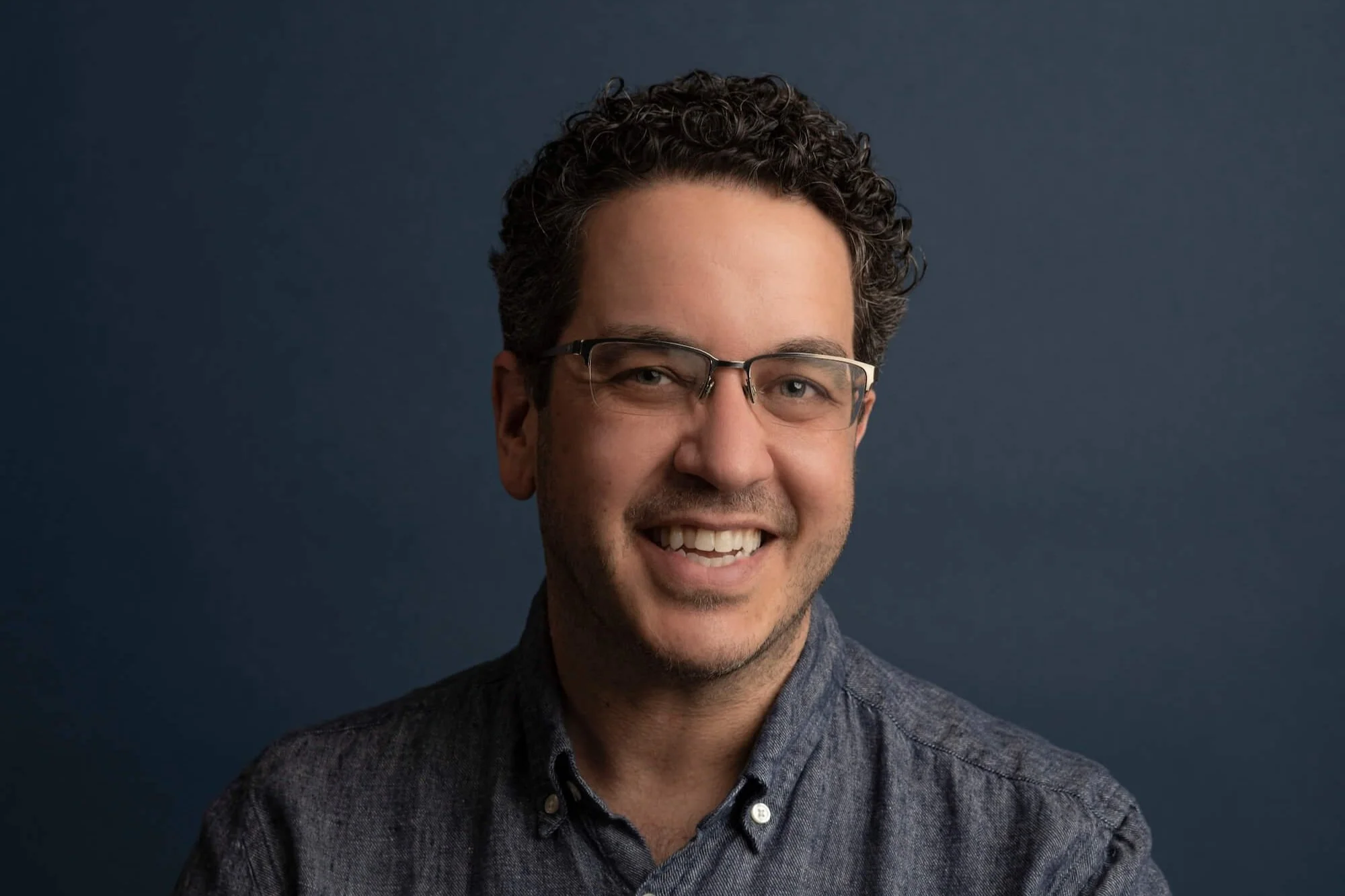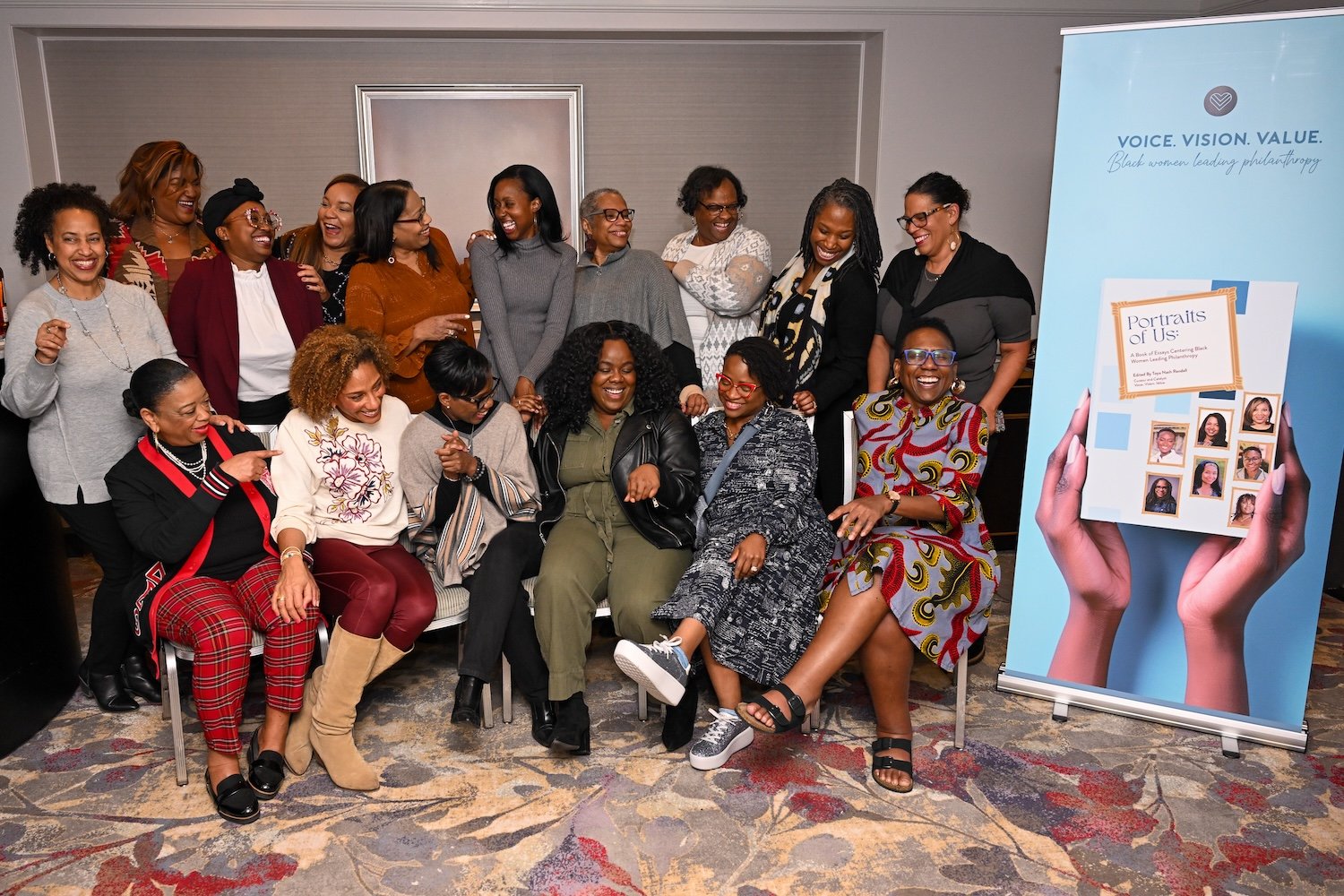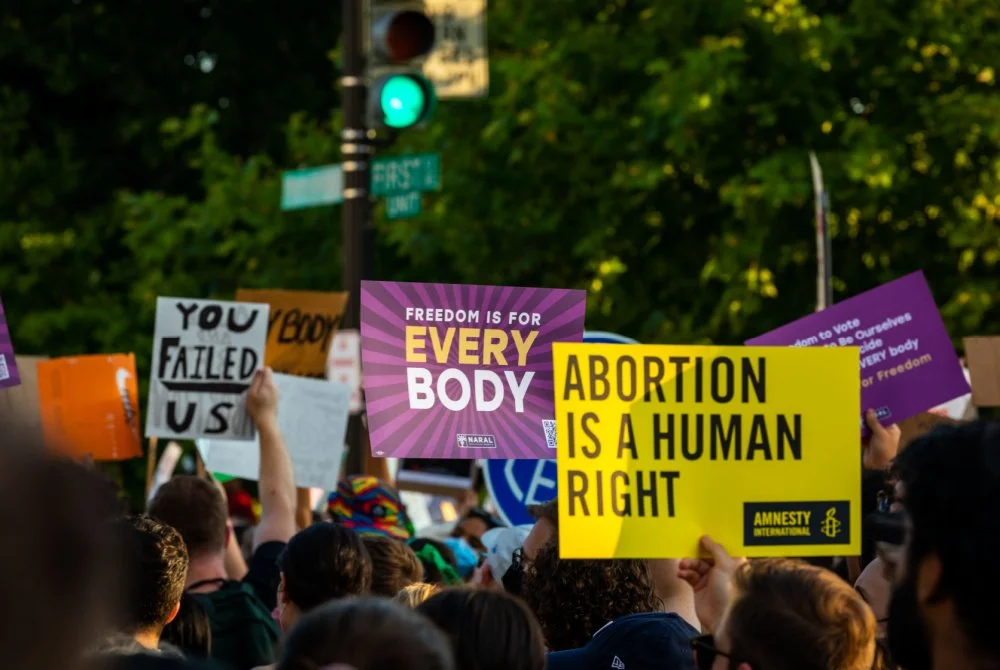Changing the Narrative and Building Power: A Muslim American Fund Takes the Long View
/An Arab American festival in Brooklyn. a katz/shutterstock
When we first covered the Pillars Fund in 2017, Muslim Americans were under a lot of fire from the right-wing media, not to mention the president. While Islamophobic rhetoric has declined recently (at least from those quarters), Muslim communities’ potential need for rapid response funding won’t go away anytime soon.
At the same time, Pillars isn’t content to remain in rapid response mode forever. The Muslim-led collaborative giving organization is looking toward the long term these days. “There will always be something to react or respond to, and that work will remain important,” said Pillars’ executive director and co-founder Kashif Shaikh. “But if the last two years have taught us anything, it’s that we need to take the time we need to reimagine the society and country we want and invest what it takes to build that.”
That spirit informs Pillars’ most recent set of grants, comprising $625,000 awarded to 26 organizations throughout the country. The projects funded are diverse, but most of them involve two themes very familiar in the progressive funding world: power-building and narrative change. According to Shaikh, both strategies are necessary, and they build on each other. Rather than simply refute narratives that paint Muslims as interlopers or threats, Pillars is excited to fund work that embraces a fuller picture of the American Muslim experience. “This shift in our posture has an effect on how we see ourselves and what we believe we can demand from those in power in our quest for a more fair society,” he said.
Pillars has several grants that fund projects seeking to “change what we know about Muslims in the U.S.” as Shaikh put it. They include the Brooklyn Historical Society’s “Muslims in Brooklyn” oral history collection, Jackson, Mississippi’s International Museum of Muslim Cultures, a project at Sapelo Square to enhance understanding of Black American Muslims, and a documentary film project at the Filmmakers Collaborative telling the story of Muslims in the United States.
Along with the culture change grants, Pillars is funding a range of movement building work at places like Emgage, Faith in Action, the Institute for Social Policy and Understanding, MPower Change, Muslim Advocates, and the Muslim Anti-Racism Collaborative. Several additional grants to organizations like the Hurma Project, the Islamic Scholarship Fund, Pillars of the Community, the Muslim Wellness Foundation, and the American Muslim Civic Leadership Institute support work within American Muslim communities to address trauma and expand leadership opportunities.
The wide field of applicants for Pillars funding (over 200 LOIs for its 2018-2019 grant cycle) brought home to Shaikh and his colleagues the vast need for capacity funding among Muslim community organizations. The demand “far exceeds” Pillars’ current resources, but the fund is committed to giving more general support and funding more leadership development in the field. Pillars’ current grantees also include several organizations in the South, a region the fund hasn’t focused on much in the past. They include the Georgia Muslim Voter Project, the Hurma Project, and Project South.
Since we last wrote about Pillars, it’s been steadily growing. Its donors currently include 25 trustees who give between $25,000 and $100,000 per year. Pillars has given away $3.5 million in grants since its founding—a relatively modest figure, but one that can mean a lot for the kinds of grassroots community work Pillars funds.
Pillars has also built partnerships with quite a few heavy hitters in progressive philanthropy. Those names include Kellogg, Ford, Open Society, and Nathan Cummings, as well as new partners like the MacArthur Foundation and the Robert R. McCormick Foundation. Pillars also works with the Pop Culture Collaborative, a funder-led initiative aiming to change narratives about pluralism in the U.S.
Despite those hopeful signs, and a definite uptick in social justice philanthropy since 2016, funder attention to Muslim communities still lags. Efforts to expedite philanthropy among American Muslims themselves offset that imbalance—Pillars and the recently founded American Muslim Fund among them. But as is often the case with grassroots community initiatives, the need outweighs available resources.
With the immediate aftermath of 2016 receding, social justice funders like Pillars are homing in on the need to build that sorely needed capacity and infrastructure. There will always be a place for reactive measures, but minorities and communities of color remain vulnerable as crises and administrations come and go. Philanthropy, both from within those communities and without, will be integral to their peace of mind.
Related:







































